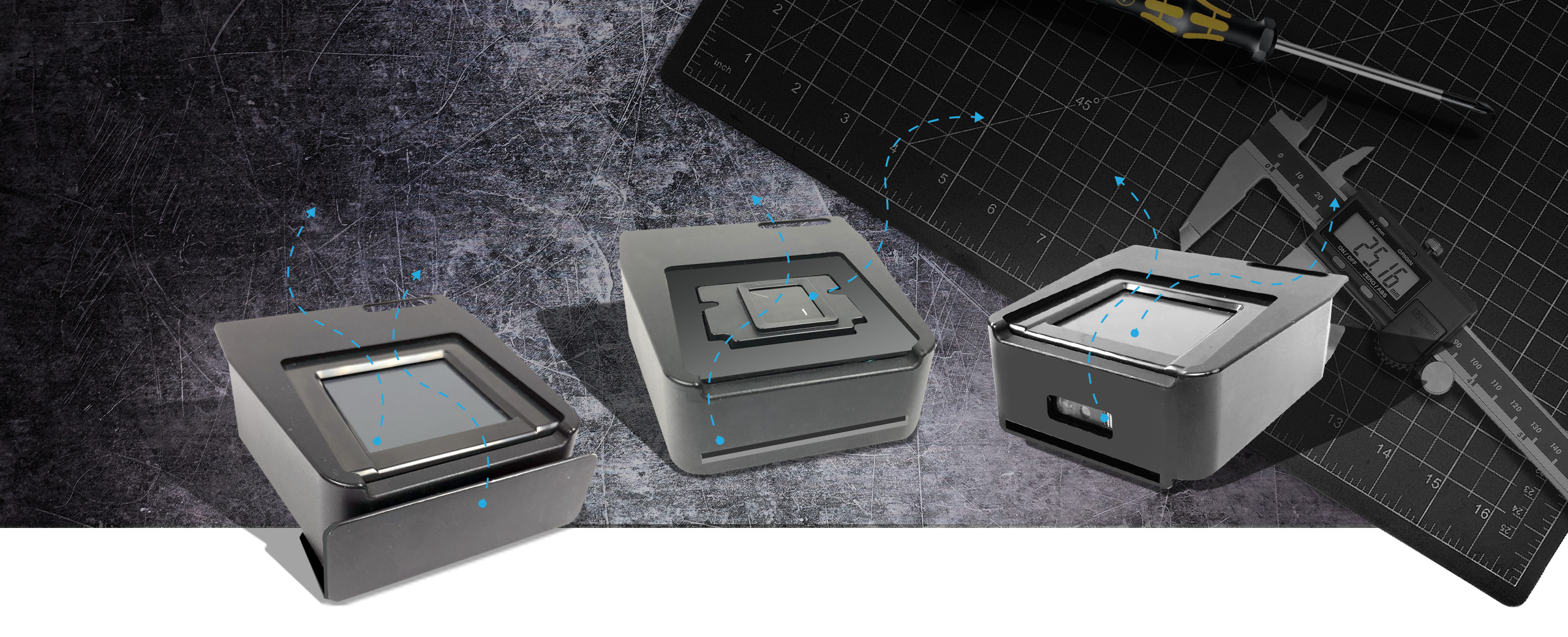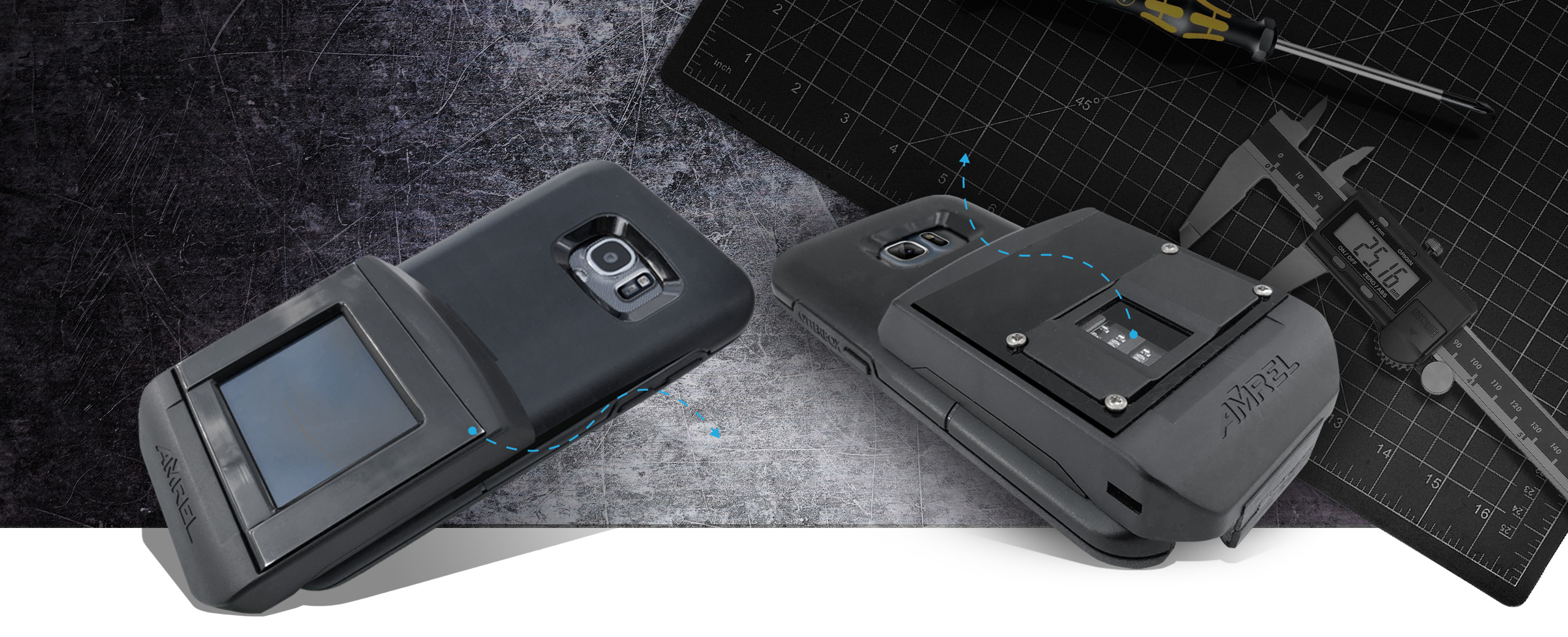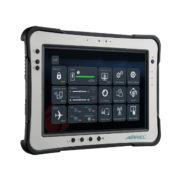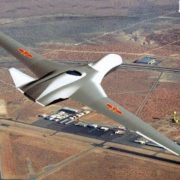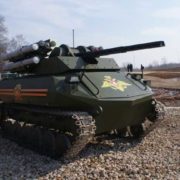 Recently, someone asked a question on Quora about which military technology is more advanced than its commercial counterpart. How would you have answered this question? What military technology will disrupt future commercial markets? A modified form of my answer follows:
Recently, someone asked a question on Quora about which military technology is more advanced than its commercial counterpart. How would you have answered this question? What military technology will disrupt future commercial markets? A modified form of my answer follows:
I think the question is based on a premise that may be outdated. Traditionally, the military has funded pioneering Research & Development (R&D). Eventually, these technological breakthroughs would be transferred to the civilian market. The Internet and personal computers are examples of this paradigm.
However, the explosive growth of civilian electronics has changed all that. The civilian market is way bigger, much more dynamic, and often more advanced than the military one.
During Desert Storm, officers noticed that combat personnel were ignoring government-issued electronic equipment, and bringing items bought on the civilian market into front-line combat areas. They also noticed that the consumer items were frequently superior to the military ones. An example that is often given is SIGINT troops using RadioShack scanners to gather intelligence on digital data, because their government collectors were designed for old-fashion analog signals. An ex-Marine told me that, during the 90s, he and his buddies bought their own walkie-talkies, because the government issued ones had overly large and clumsy batteries.
This change in technological development is an especially serious problem for the American military, which relies on a hi-tech edge to maintain superiority. Why spend a fortune developing something when the enemy can buy the same or superior product at a local store?
The Department of Defense is desperately trying to adapt to this new situation. R&D is much more limited, and there is a greater emphasis on purchasing Commercial Off The Shelf (COTS) products. However, this transition has not been without is challenges (See COTS – the Good, the Bad, and the Ugly).
However, there are still some items used by the military that I have not seen in civilian markets, and that may be ripe for commercial use:
- Renewable energy solutions. The American military, the largest user of oil in the world, has enthusiastically embraced renewable energy as a cost-saving measure and for logistical reasons. At tradeshows, I have seen “rucksack” solar panels, i.e. soft ones that roll up in a backpack. I have never seen anything like them in the camping stores I frequent. Some of the military’s mobile renewable energy solutions would be great for off-grid and poor communities.
- Rugged computers. These are tough computers that can withstand harsh, environmental conditions. VDC Research determined that even though these computers initially cost more than conventional commercial models, they actually save money in the long run, because of fewer repairs, less downtime, and less lost data. Police officers, warehouse workers, oil workers, outdoorsmen, miners, farmers, field researchers, and others would benefit from using rugged computers. I recently talked to a geophysicist who dragged a rugged computer through miles of a wet underground cave system, and was thrilled with its reliability. Sadly, many are unaware of rugged computers’ financial and practical advantages. In theory, a clever entrepreneur, with very little start-up costs, could identify a needy market niche, and make money selling rugged computers to them. To learn more about rugged computers, visit computers.amrel.com
- Robotics. I do not know which is the primary driving force in robotic development, civilian or military. I do know that the military is doing amazing things, especially through DARPA. I would not be surprised to see some of the military’s pioneering work on autonomy used for self-driving cars and robots that assist the elderly or disabled.
What do you think?
Tell us about the next big military-to-civilian tech transfer by emailing editor@amrel.com



